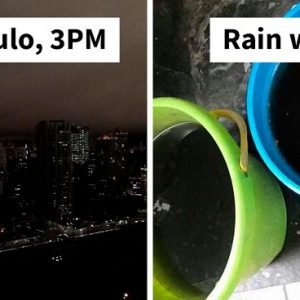Nepal has been shaken by a youth-led uprising that has left 19 people dead and hundreds injured. What began as a digital protest against corruption and censorship quickly escalated into one of the country’s most dramatic confrontations in recent years. With Gen Z at the forefront, the revolt shows how a generation raised online refuses to stay silent when their voices—and their platforms—are cut off.
The Spark: When the Internet Goes Dark
The government’s decision to ban dozens of social media platforms was the match that lit the fire. For young Nepalese, who live, love, and organize online, this wasn’t just a technical inconvenience—it was a gag order. Overnight, communication lifelines disappeared, and with them, trust in the state’s intentions.
From Hashtags to the Streets
The protests started as memes, hashtags, and jokes targeting political elites, but quickly snowballed into something far more serious. Once the screens went black, students, artists, and workers filled the streets. What had been digital defiance became physical resistance. Chanting against corruption and inequality, Gen Z turned their frustration into a public outcry.
Violence, Resistance, and Loss
Peaceful protests gave way to chaos when security forces responded with tear gas, water cannons, and bullets. The streets of Kathmandu and other cities became battlegrounds where books, banners, and smartphones faced shields and rifles. By the time the smoke cleared, 19 lives had been lost, leaving families grieving and a nation questioning how far the state would go to silence dissent.
Solidarity Beyond the Streets
What makes this uprising unique is the way culture, art, and celebrity merged with politics. Musicians, actors, and even public officials stepped forward to voice support, acknowledging that this generation’s grievances reflect deep national wounds. What began as anger over censorship transformed into a broader cry for accountability, justice, and a future free of corruption.
The Aftermath: A Generation That Won’t Forget
The government eventually lifted the ban, promised compensation, and announced investigations. But the damage is done. The revolt is etched into Nepal’s collective memory not just as a tragedy, but as a turning point. Gen Z has proven that they are more than just digital natives—they are a force capable of challenging systems, demanding change, and reshaping the nation’s future.
Final Thought
The protests in Nepal are a sobering reminder that when freedom of expression is threatened, repression breeds resistance. Gen Z turned censorship into a battle cry, and though 19 lives were lost, their defiance may well inspire the generations that follow.
This wasn’t just a revolt against a social media ban. It was a revolt against silence itself.








